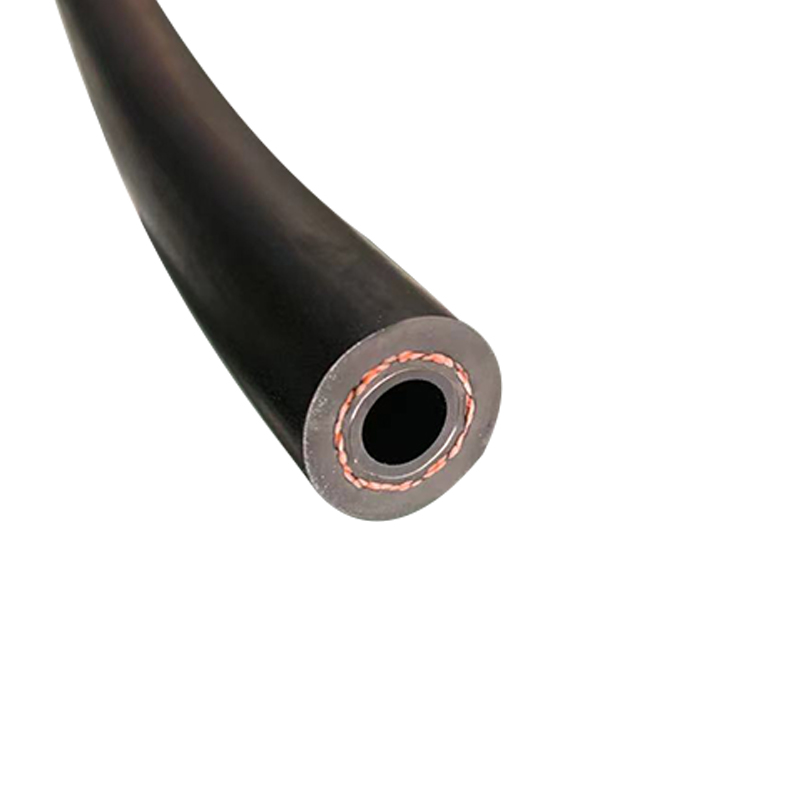Understanding E85 Rated Fuel Lines and Their Importance for High-Performance Vehicles and Engines
ആഗ . 01, 2024 00:11 Back to list
Understanding E85 Rated Fuel Lines and Their Importance for High-Performance Vehicles and Engines
Understanding E85 Rated Fuel Lines A Key Component for Flex-Fuel Vehicles
As the automotive industry continues to evolve, the demand for alternative fuel sources has gained significant momentum. One such option gaining popularity is E85 fuel, a blend of 85% ethanol and 15% gasoline. This biofuel alternative not only helps reduce greenhouse gas emissions but also promotes energy independence. However, to safely and effectively utilize E85 in vehicles, understanding the importance of E85 rated fuel lines is crucial.
Understanding E85 Rated Fuel Lines A Key Component for Flex-Fuel Vehicles
However, the compatibility of fuel lines with E85 is a critical consideration for those looking to switch to this biofuel. Regular fuel lines are typically made from materials that can deteriorate when exposed to high concentrations of ethanol. The corrosive nature of ethanol can lead to fuel line failure, which poses serious risks to both the vehicle and the environment. To mitigate these risks, manufacturers produce E85 rated fuel lines specifically designed to withstand the potential adverse effects of ethanol.
e85 rated fuel line

E85 rated fuel lines are constructed using specialized materials that resist corrosion and degradation. Commonly used materials include fluoropolymers and other advanced polymers that can handle the chemical properties of ethanol. These fuel lines are engineered to endure high pressures and temperatures, ensuring reliability and longevity in flex-fuel vehicles. By incorporating E85 rated fuel lines, vehicle manufacturers can guarantee that their cars will perform optimally while using E85 fuel.
When retrofitting a vehicle to use E85, it is essential to ensure that all components of the fuel system are compatible with ethanol. Alongside fuel lines, other parts such as fuel pumps, injectors, and gaskets must also be E85 rated. A complete assessment of the fuel system can help prevent leaks, clogs, and other malfunctions that may compromise the vehicle’s performance and safety.
Additionally, consumers opting for E85 rated fuel lines should be aware of the importance of proper maintenance. While E85 rated lines are designed for durability, they still require regular inspection to ensure their integrity. Over time, even the most resilient materials can wear down, especially if the vehicle is frequently exposed to extreme conditions. Checking for any signs of wear or damage can help prevent costly repairs and enhance the lifespan of the vehicle’s fuel system.
In conclusion, E85 rated fuel lines are a vital aspect of transitioning to E85 fuel in flex-fuel vehicles. Their ability to withstand the corrosive properties of ethanol ensures the safe and efficient operation of the fuel system. As more drivers seek eco-friendly fuel alternatives, understanding the significance of compatible components like E85 rated fuel lines will play a crucial role in the successful adoption of renewable fuels. With proper installation and maintenance, these specialized fuel lines can help maximize the benefits of E85, contributing to a cleaner environment and a more sustainable future in transportation.
